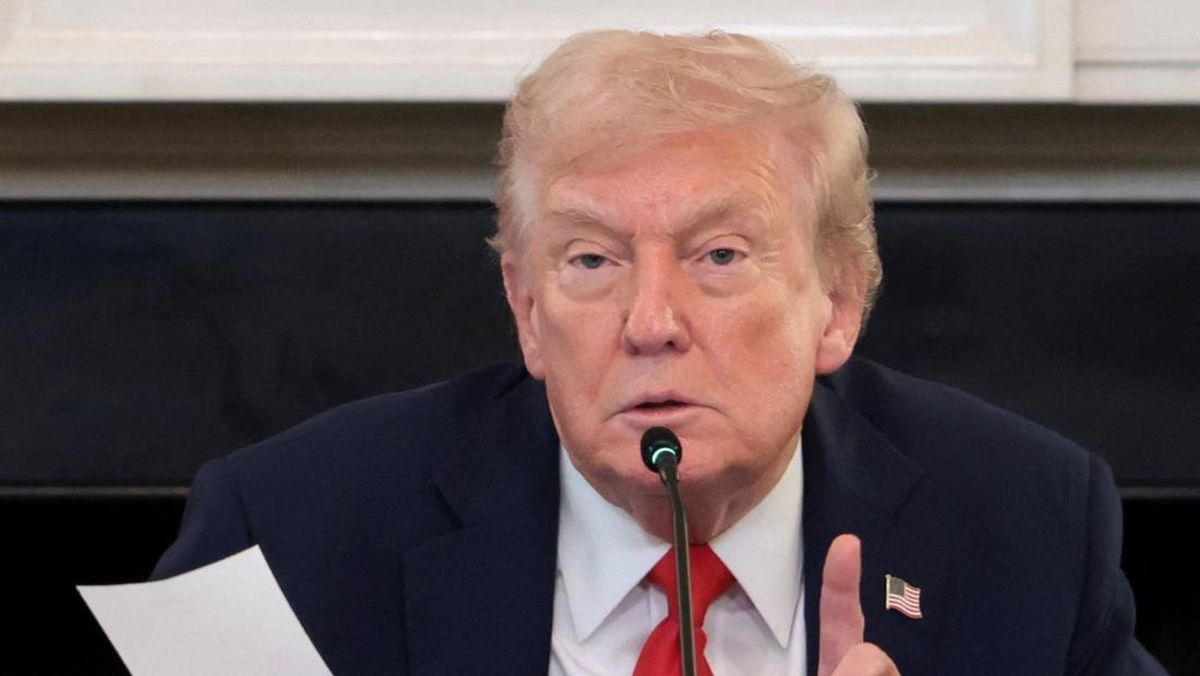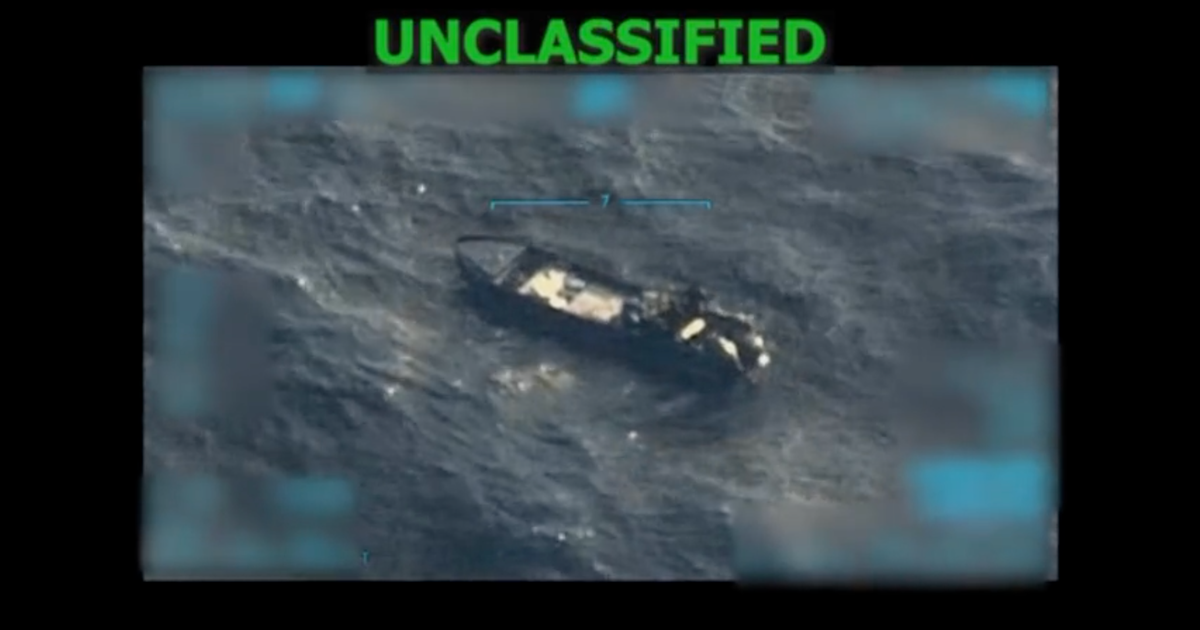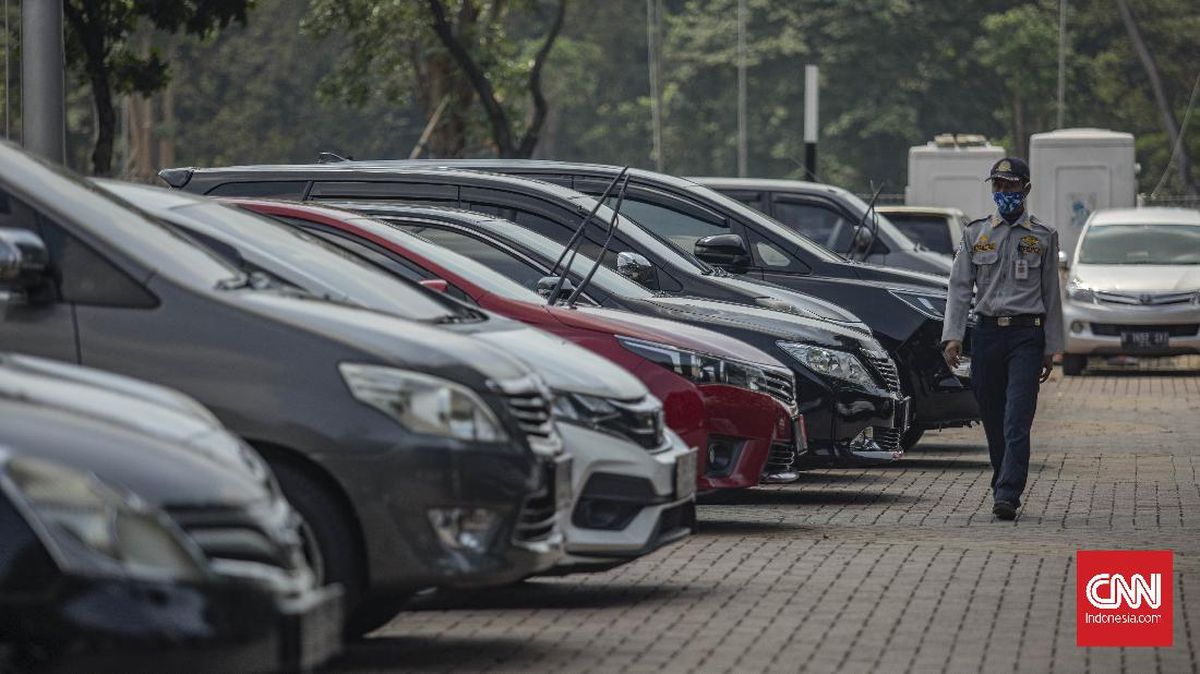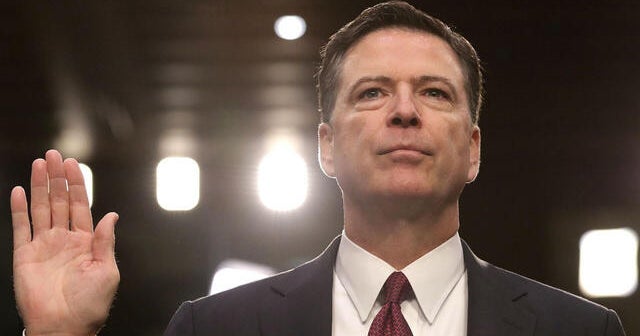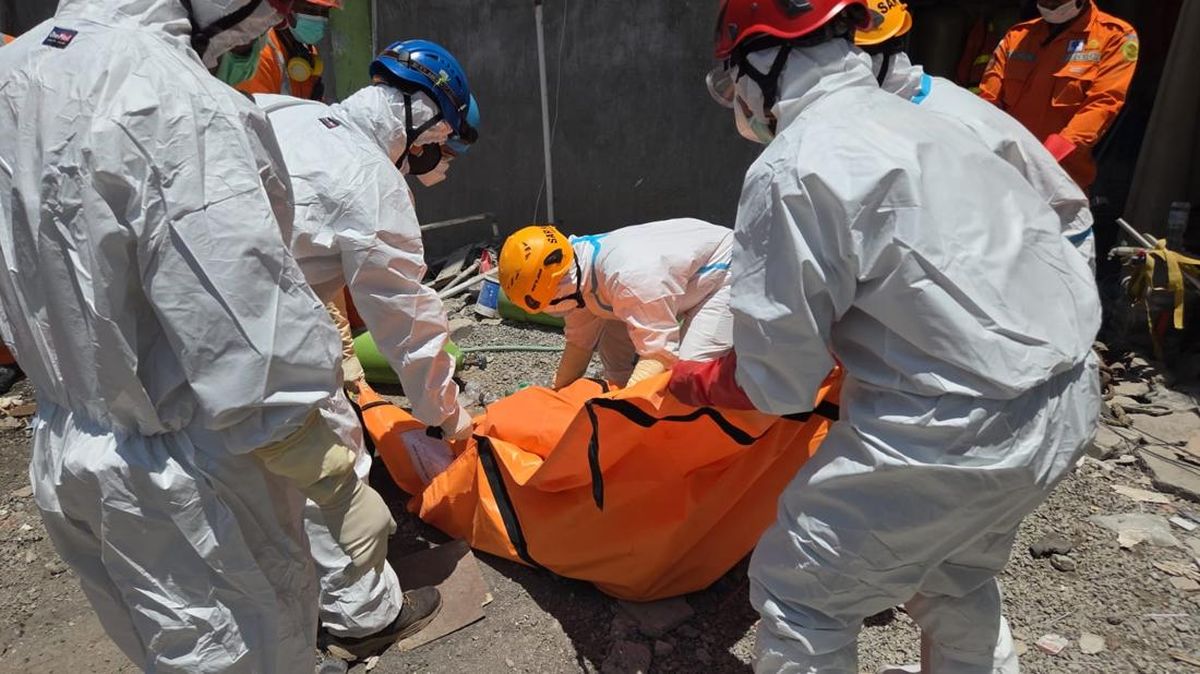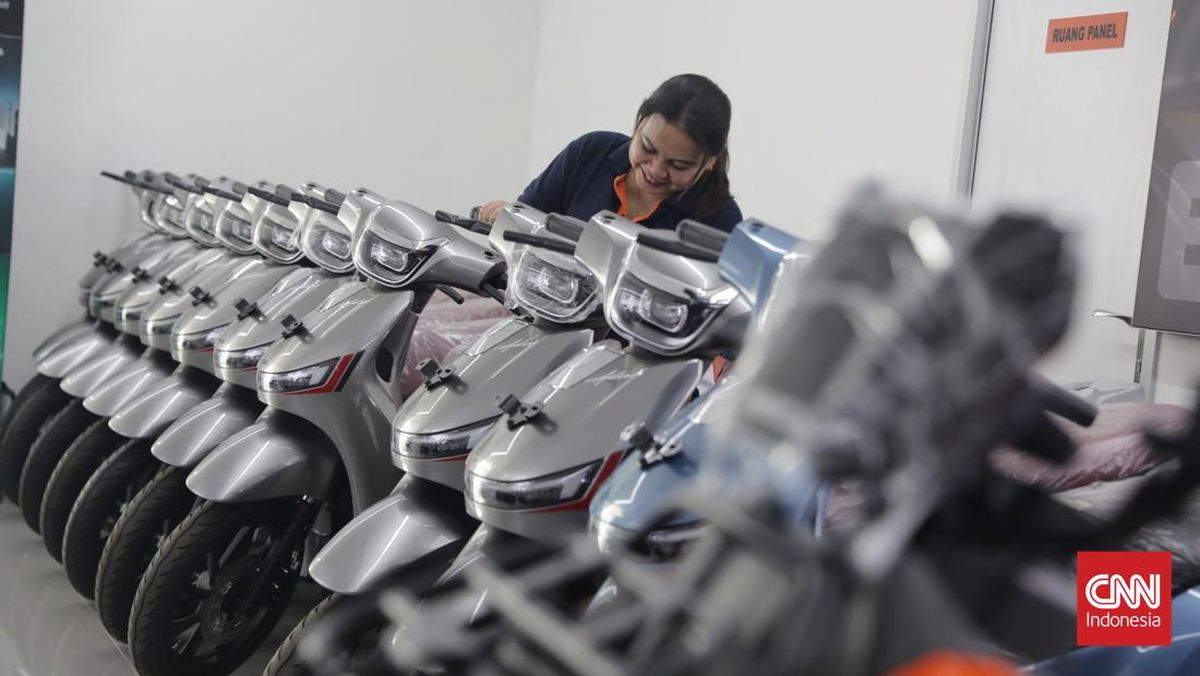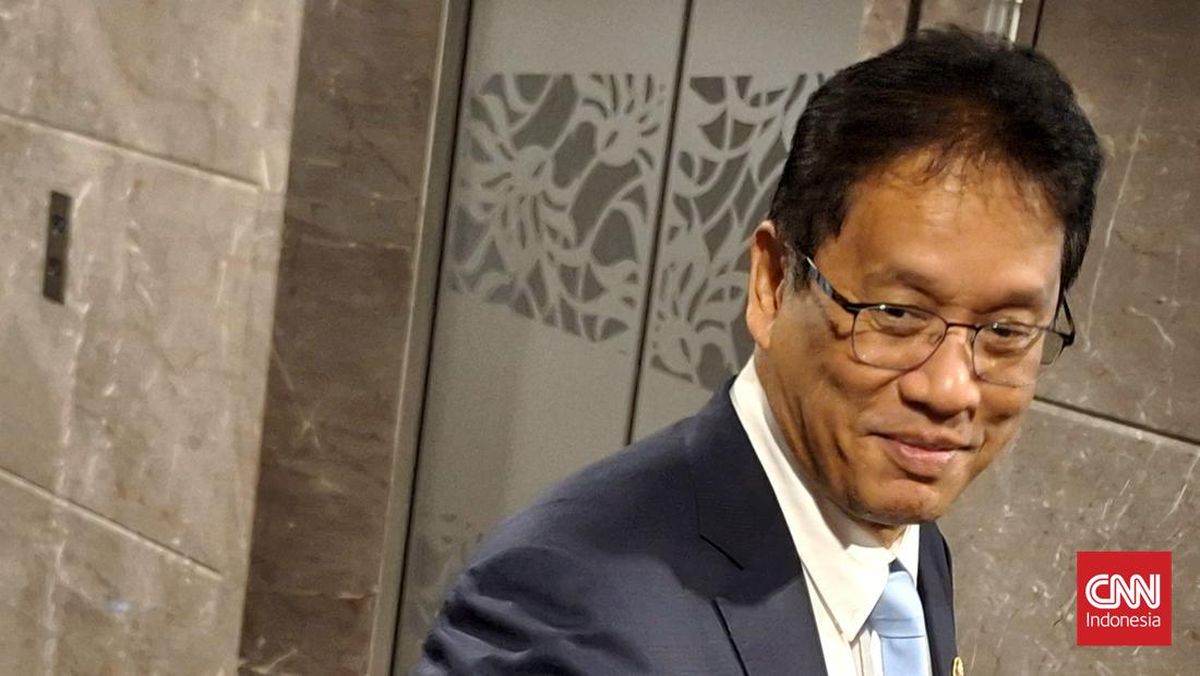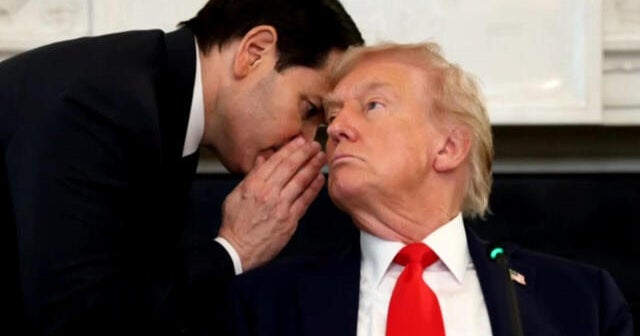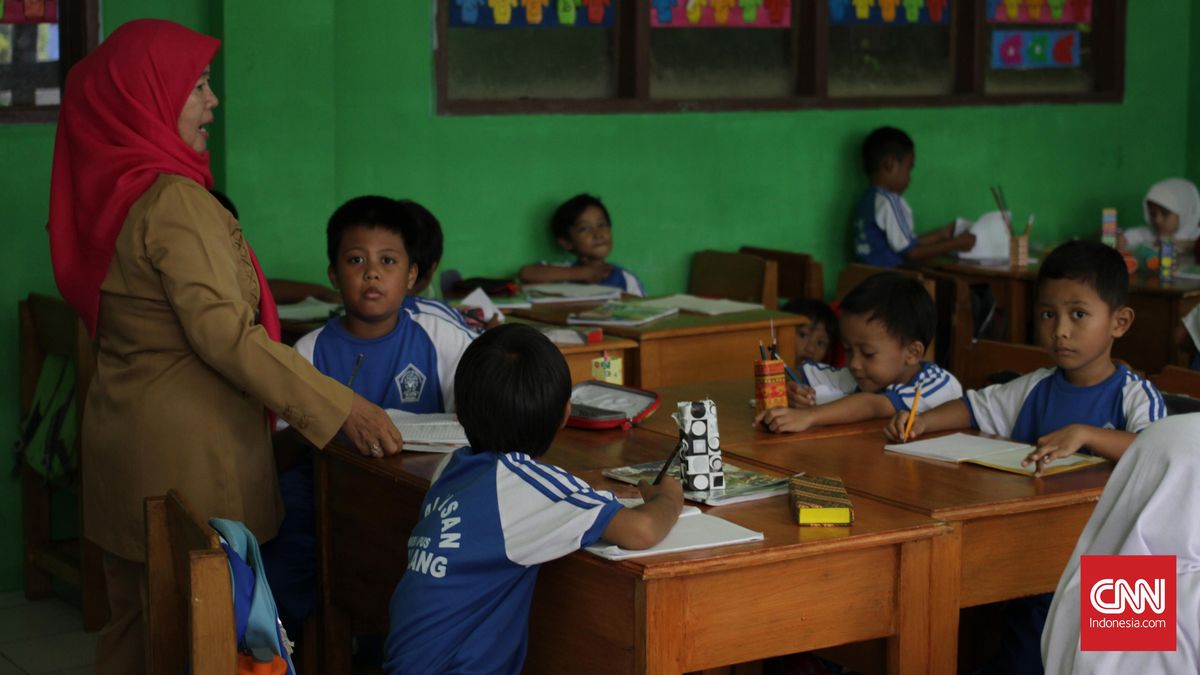Bob Brown has been Australia’s most high-profile environmental warrior since the early 1970s, when he was working as a GP in Launceston. The plain-speaking former parliamentarian first rose to prominence in 1978 as leader of the campaign to save the Franklin River from being flooded to build the Franklin dam. For that action, Brown spent 19 days in Hobart’s Risdon Prison, and has faced multiple legal challenges and arrests over the decades in his battles to save native forests from logging, and preserve ecosystems home to endangered species such as the swift parrot.
From Brown’s earlier years, when scientists believed the slow march of global warming would give us decades or even centuries to head off its most dire effects, until today, when we’re dealing with unprecedented heatwaves, floods and wildfires bearing down on us with surprising regularity, Brown has been a constant, commanding voice for saving Australia’s forests and wildlife.
Brown, who turned 80 last December, has long practised what he preaches. For 38 years he lived in a simple one-bedroom weatherboard cottage on a bucolic 14-hectare property, Oura Oura, in the Northern Midlands region of Tasmania, which he donated to Bush Heritage Australia in 2011 to preserve as a conservation area. Since then, he’s been living in another one-bedroom house with a sleepout in the Huon Valley with his partner, Paul Thomas, a sheep farmer, whom he first met in the late 1980s. Brown’s new book, Defiance, is an impassioned call to action for those who might be feeling depressed or defeated by the massive challenges facing the world.
Since the late 1970s, when you started the successful campaign against construction of the Franklin Dam in Tasmania, there has been a catastrophic decline in wildlife populations across the globe. Do you see much hope for the world’s non-human animals?
Most people, including just about all leaders, are in full denial about the destruction of the world’s living ecosystem, so the scope for hope is diminishing. Survival on a planet unable to feed, shelter or keep healthy its 10 billion human beings later this century, devoid of most of our natural ecosystems and wildlife, is a bleak prospect. But hope springs eternal, and, if accompanied by action, we can and will turn things around.
‘The ladder of fortune is best climbed by those who care least about treading on the faces and hands of other, more gentle souls.’
Bob BrownYou practised as a GP in Tasmania for many years before becoming a member of parliament. What did your years of being a doctor teach you?
To listen to what people, in particular children, have to say. And that prevention is better than cure. I was a GP for about a decade but, ever since, have been practising preventive medicine. Saving nature is saving the greatest repository for relaxing people, reducing anxiety, and giving us adventure and inspiration – what’s left of the wild planet in which our species evolved.

Bob Brown (right) with his partner Paul Thomas, a sheep farmer.Credit: Adam Gibson
Despite overwhelming, indisputable scientific evidence that global warming is real, a poll of 26 countries held last year revealed that while 60 per cent of Australians accept climate change is real, this was well below the global average of 73 per cent. Why are so many Australians still sceptical?
Climate change has been politicised by the right – if you’re an extreme conservative, it’s as if you’re expected to question the science and worship fossil fuels. The Murdoch media, over the past two decades, have been pushing the line that climate change isn’t real or isn’t a big deal. Our last prime minister was a climate change sceptic. For years, the climate naysayers, some of whom were on the payroll of fossil fuel companies, were holding sway. Add to this that the wealthiest people on Earth, especially the billionaires, don’t want to take the responsibility of pulling their belts in. Denying this is a problem of our own making is easier than facing up to the restraint of sensibly addressing the causes and results of global warming.
Global warming well beyond 1.5 degrees is now almost certain and will have severe repercussions for human and non-human life across the world. When you were starting out as an environmental activist, did you imagine climate change would come to this, risking the lives of millions in the coming decades?
No, but I soon learnt how the people most likely to get into positions of power can be the most heartless: the political and business ladder of fortune is best climbed by those who care least about treading on the faces and hands of other, more gentle souls, and care least about depriving the lives of all future generations.
Opinion polls show most Australians want our native forests protected. But logging is still continuing in NSW, Tasmania and Queensland, having ended in Western Australia and Victoria last year. Of all places, why is it continuing in Tasmania?
Because our democracy is corrupted by commercial lobbyists to the point where the state and federal governments have subsidised (using mostly taxpayers’ money) the loss of Tasmania’s native forests and wildlife to the tune of more than a billion dollars in recent decades.
Loading
You’ve been an advocate for human rights in Tibet, East Timor and West Papua. West Papuans have been fighting for their independence since Indonesia invaded their territory in 1961, yet it’s received next to no attention from Australian governments over the decades. Why?
Because of corporate power – exerted through the giant mining and logging companies exploiting West Papua’s natural resources while devastating local environments upon which the Papuans depend. The Australian embassy in Jakarta is a hub representing Australian corporations getting their way in the world of Indonesian mining. Hundreds of thousands of West Papuans have been killed or deprived of their lands since Indonesia’s illegal takeover of the country.
The Trump administration has moved to eliminate dozens of US climate policies, and with the Environmental Protection Agency recently eliminating its research and development arm, thousands of its employees will lose their jobs. At such a critical time for saving ecosystems, we appear to be headed in the wrong direction …
We are headed in the wrong direction. Trump is a heartless, ecocidal misanthrope whose criminal record, bankruptcies and allegations of sexual assault were well-known to the voting public when it re-elected him. And Australia’s big parties back the $360 billion agreement with [the US government] to buy nuclear submarines, for what? That’s $360 billion not available for public education, health or transport and job creation. The Albanese government has also signed up to protecting 30 per cent of Australia’s natural land and sea by 2030, but it’s a hoax and won’t happen because Albanese has thrown in his lot with the logging and mining corporations at the expense of Australia’s natural heritage.
In your book Defiance, you write that “the exploiters” have gained a controlling interest in democracies and autocracies alike across the globe. But surely it’s much easier for autocracies to get away with plundering natural resources because there are no guardrails?
Plundering of nature is the same whatever brand of homo sapiens is doing the plundering. The Australian “guardrails” have seen Albanese’s hand-picked minister for the environment, Murray Watt, extend Woodside’s polluting gas exports from Murujuga until 2070, license the Filipino Ayala Group’s bird-killing wind farm on Robbins Island and extend Glencore’s Ulan coal mine in NSW, for starters. This minister for the environment spends a lot of time with corporate CEOs but won’t meet my foundation’s defenders of Australia’s environment. Imagine if a minister for resources hung out with environmentalists but refused to meet anyone from Woodside.
The Trump administration wants to sell off America’s public lands – national parks, monuments and wilderness areas – to private interests. Do you see a strong enough resistance to this rising in the US?
Not yet, but we will see the same corporate pressure challenging national parks and World Heritage areas in Australia in coming years as global resources run out: that will lead to more head-on confrontations between the exploiters and the defenders of nature, and the exploiters, like Trump, have the guns.

US President Donald Trump, whom Brown describes as an “ecocidal misanthrope”.Credit: Getty Images
China is now the world’s biggest annual emitter of greenhouse gases by a large margin. But President Xi Jinping has committed China to a comprehensive emissions reduction plan. In light of the US under the Trump administration, is China now leading the green energy transition?
China’s environmental record is abysmal. Its construction of new coal plants reached a 10-year high last year and it now plans to smash into Tibet’s fabulous Yarlung Tsangpo [Brahmaputra] Grand Canyon with the world’s biggest hydroelectric scheme, releasing megatonnes of greenhouse gases and eliminating one of Earth’s great remaining wildlife sanctuaries. Saying Xi is ahead of Trump is like saying the flogger is better than the hangman.
Global warming risks becoming a lot worse thanks to the revolution in AI – because the data centres that drive the technology require huge amounts of electricity and water to operate …
The media have gone into overdrive about Tasmania’s first data centre in Launceston, to take 300 megawatts of electricity – that’s five times the electricity gained from destroying Lake Pedder, [approaching] twice the power proposed from the dam that would have flooded the Franklin River. It is the first big project I’ve seen with no reference to jobs because it’ll end more jobs than it’ll create. It will depend on such “renewable” energy as the bird-killing Robbins Island wind farm. Artificial intelligence, with all its dangers, is being facilitated by studied human ignorance of the impacts on the biosphere, including wildlife.

On the Franklin River, 1980, which he helped save from being dammed.Credit: Les O’Rouke
You’ve seen many prime ministers come and go. Which PM, in your view, has done the most for environmental protection and which PM has done the least, or been the most obstructive?
All PMs have fostered greater natural resources exploitation and overseen the rapid loss of Australia’s biodiversity, including forests and wildlife. That said, Malcolm Fraser, despite not directly saving the Franklin River, did end whaling and protected K’gari or Fraser Island and proclaimed the first part of the Great Barrier Reef Marine Park. Bob Hawke saved the Franklin, extended Fraser’s protection of Kakadu, extended the Tasmanian Wilderness World Heritage area and more. But those days of grand gestures to protect the nation’s Indigenous and natural heritage seem done. John Howard takes the cake for wanton destruction, especially after his regional forest agreements exempted logging from national environmental law.
Except that the NSW government has just announced the establishment of the Great Koala National Park, which will span 476,000 hectares on the Mid North Coast, and declared an immediate moratorium on timber harvesting in the area ...
Yes, a good move, but leaving 80 per cent of state forests with their greater gliders, koalas and black cockatoos open for future logging.
Given our own track record with deforestation, is Australia in any position to lobby other countries into protecting their forests?
Yes, human beings find it easier to get someone else to be responsible than to be responsible themselves. That said, the loss of Australia’s forests, woodlands and wildlife, including our iconic koalas, is monumental under the current federal and state governments. Australia (Morrison and Albanese) has signed up to ending deforestation by 2030, but that’s a deliberate fraud. The Albanese government is committed to more destruction of native forests yet will go to more global conferences promising more protection. It’s a shameless greenwash.

Brown welcomes NSW’s proposed Great Koala National Park but notes the state’s forests are still open to logging.Credit: Joe Armao
Do you see mass tree planting as a way to offset destruction of native forest? China is a case in point: overall tree cover has increased thanks to mass reforestation and afforestation. But tree-clearing is still happening at a troubling rate in primary forests and some protected areas, driven by the demand for agricultural land ...
Nothing offsets destruction of native forests – ask the greater gliders, owls, koalas, black cockatoos, fabulous fungi and glorious ferns that have lived there for millennia. Replanting is better than leaving the land barren, but don’t expect the wildlife, not least the invertebrates, to return as they were. Conservative estimates put Australia’s insect extinctions at 9000 species, with the rate increasing.
You were the first openly gay member of the federal parliament and the first openly gay leader of a political party – the Greens. But LGBTQ causes don’t appear to be a central plank of your activism – or is that a wrong impression?
As Paul says, I am an environmental activist who happens to be gay, not the other way round. Nevertheless, as a Greens senator, I stood up against both the Labor Party and Coalition early this century when they got together to legislate a ban on equal marriage.
The LGBTQ community in the US is under increasing siege from the Trump administration. Don’t you find this troubling?
Very. We should celebrate the variety of what is natural on this planet, including that within the human community. Trump’s siege of the LGBTQ community goes hand in hand with his siege of the natural environment. It’s cowardly but not ignorant. Like the extreme right here in Australia, trying to ban diversity comes out of trying to bring the universe into an unnatural order because it might be less complicated. That’s pretty selfish but, for the time being, selfishness rules in the USA where, as is logical, democracy also looks like being burnt at the stake.
Loading
The worldwide statistics on loss of native forest are disturbing: over the past 20 years alone, Indonesia has lost 20 per cent of its tree cover; the Amazon just over 10 per cent. Do you have any grounds for optimism?
Yes, in the campaign to save Tasmania’s Franklin River, in 1982, hope had gone: the bulldozers were sent in to start dam works, protesting in the riverside forests was made illegal and Labor and Liberal, as well as all three Tasmanian newspapers, business and most unions, backed the dam. But, following a determined citizens’ revolt and blockade, Hawke Labor changed its policy and swept into power, and with massive mainland support, the river was saved, is now World Heritage-listed and classed as one of the world’s greatest white-water-rafting attractions. As for the Franklin, so it will be for the Earth, but only when enough citizens revolt.
If you could name your three biggest achievements – the feats you are most proud of – what would they be?
A part-role in saving the Franklin – I get letters every year from people who raft the Franklin, love it and say it was a life-changing experience. And then, in 1989, when we Greens were voted into the balance of power in Tasmania and doubled the size of the Tasmanian Wilderness World Heritage area to include the Walls of Jerusalem, the eastern half of Macquarie Harbour, the Denison River and its Huon pines, the giant eucalypts in the Picton Valley and the spectacular Vale of Rasselas with Lake Rhona. Standing up to president George Bush and John Howard over the illegal war, torture and death toll in Iraq. Taking the Stop Adani convoy from Hobart to Clermont in central Queensland and then to Canberra in 2019 to protest the outrageous expansion of the fossil fuel industry.

A steel plant in China’s inner Mongolia; Brown says China’s environmental record is “abysmal”.Credit: Getty Images
You gifted your previous property, Oura Oura, to Bush Heritage Australia to preserve as a wildlife area. Do we need more people, especially the wealthy, to support wildlife causes?
Absolutely. Money is power and there’s nothing more powerful than gifting outfits like Bush Heritage Australia to buy and manage more of nature. These days, such “private” reserves (donors get to visit them, of course) are safer than national parks. As is, only 1 or 2 per cent of philanthropic money goes to protecting the environment, as does less than 1 per cent of government spending. But you can’t buy Crown land and that’s where conservation groups like my foundation come in – to protect public land, like Tasmania’s Takayna rainforest, that governments prefer to give over to corporate exploiters.
You’ve always lived quite simply, and currently share a small, environmentally friendly house with your partner. Meanwhile, the average Australian house is getting bigger and bigger, with far less green space in the way of back and front yards …
We have to change official thinking on this. It should be difficult to build big houses via a range of government disincentives. When you fly over cities like Melbourne, you see vast stretches of solar panel-free factory roofs. Our parents and grandparents lived far more sustainably than we do. Energy efficiency – turning off lights in empty rooms, integrating heat pipes into building cladding, etc – could supply Australia with as much new electricity as a nuclear power station while cutting everyone’s power bills, but it’s not on the national agenda.
Loading
What do you see as the major environmental battleground in Australia?
Two things. The spectre of global heating accelerated by burning coal, gas, oil and forests is the most obvious immediate challenge to life on Earth; along with an abject failure by all world leaders to defray the threats of chemical and biological weapons, nuclear armaments and artificial intelligence. Earth is now overburdened by us – the biggest herd of mammals ever – wanting more and more and increasingly divorced from the biosphere upon which all life depends. We’re not as smart or kind as we are compulsively selfish. That’s got to stop. It’s a battle between instinct and intelligence.
Australia has a national system of marine protected areas, which covers 43 per cent of our waters. But global marine ecosystems are in trouble because of rising ocean temperatures, as we’re currently witnessing with the toxic algal bloom spreading off the coast of South Australia, multiple bleaching events hitting the Great Barrier Reef and the disappearance of Tasmania’s giant kelp forests. What can we do?
Commercial fishing is allowed in many “protected” seas. Vote out the old parties pimping for fossil fuel corporations, longline trawlers and native forest loggers. Vote in those who will prioritise protecting what’s left of nature, not least the oceans because that is the underpinning of social justice for coming generations. We need to get out of our armchairs and take action.
Our atmosphere is remarkably thin: if the Earth were the size of an orange, the atmosphere would be only as thick as its peel. After 178 days aboard the International Space Station, astronaut Ron Garan concluded we’re living a lie – treating Earth as disposable when its fragile atmosphere is the only thing keeping us alive …
You don’t have to go into space to see how fragile life on Earth is. Our motto is Earth Action. As I say in my book, if Earth was a rental property, we wouldn’t get our bond back. In my lifetime, three-quarters of the wildlife on the planet has been obliterated. I look back at a time when nature was vast – now it’s under siege. We’re a marvellous species, but we lack self-control – and it could wind up being our undoing. Here’s a tip for solving this situation: don’t get depressed, take action!
Defiance: Stories from Nature and Its Defenders (Black Inc., $37) is out September 30.
To read more from Good Weekend magazine, visit our page at The Sydney Morning Herald, The Age and Brisbane Times.



